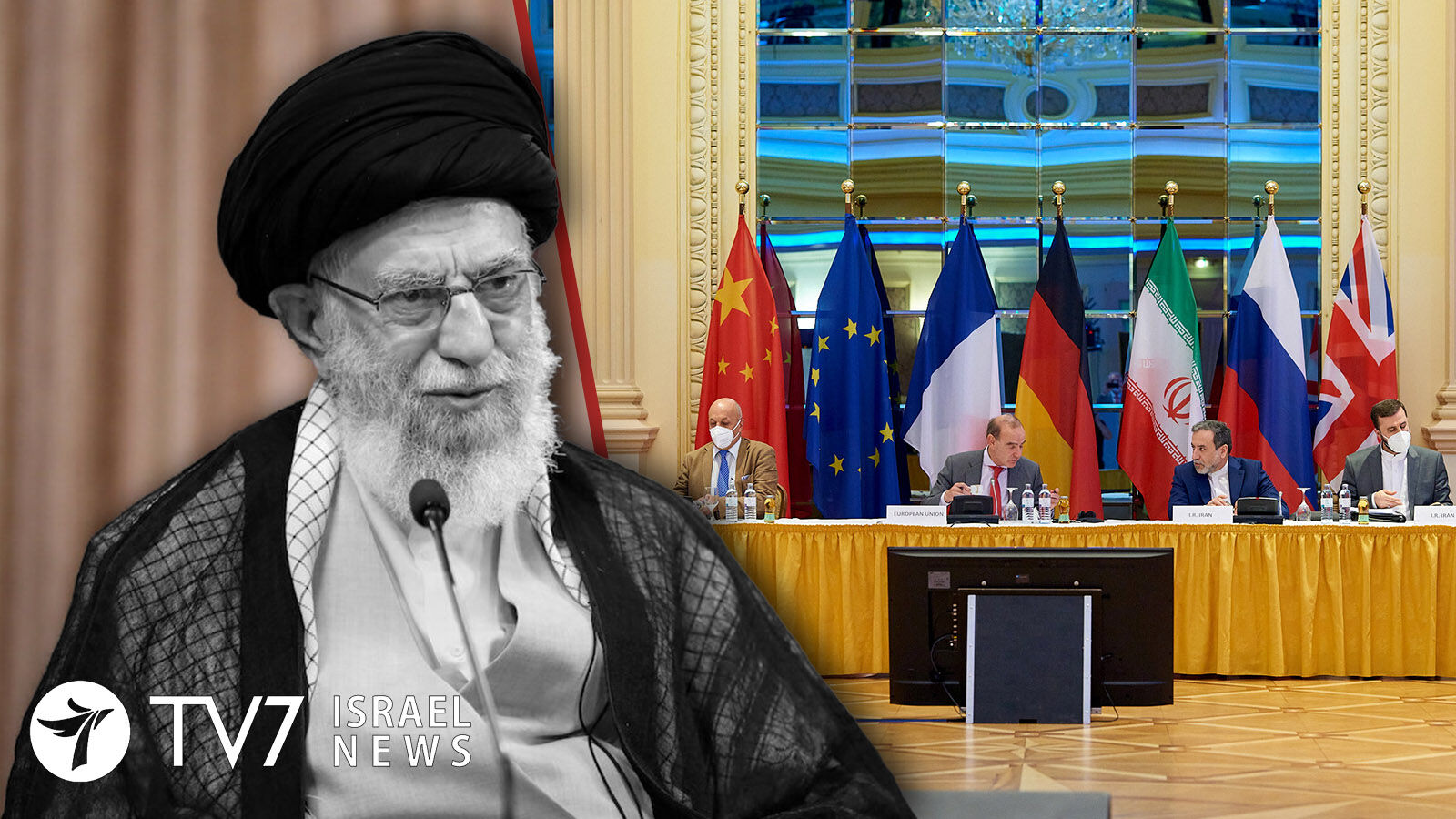The negotiations are “not going well” at indirect talks between Iran and the United States on a deal to revive the Joint Comprehensive Plan of Action (JCPOA), said US National Security Adviser Jake Sullivan in Washington.
By Erin Viner
This, as the talks in Vienna adjourned at Iran’s request on Friday for at least 10 days.
European powers and the talks’ coordinator are again warning that time is running out to to reach an agreement.
Little discernible progress has been achieved to bring both Tehran and Washington back into compliance with the JCPOA since the negotiations resumed over 2 weeks ago for the first time after the election of hardline Iranian President Ebrahim Raisi.
Despite objections from Western parties to the deal, Tehran’s envoys have sought changes to the outline of an agreement formed during the first 6 previous rounds of talks – leaving the negotiations largely deadlocked while it becomes increasingly harder to rein in Iran’s fast-advancing nuclear activities.
“We don’t have months, we rather have weeks to have an agreement,” European Union Envoy Enrique Mora told a news conference after a meeting that formally ended the 7th round of talks.
Mora expressed hope the Vienna Talks would resume this year, and other officials mentioned 27 December as a tentative date.
New Iranian demands had been incorporated into the existing text to provide a common basis for negotiation, said Mora and other officials, although the 3 European parties to the JCPOA sounded less optimistic.
“There has been some technical progress in the last 24 hours, but this only takes us back nearer to where the talks stood in June,” the E3 nations of France, Britain and Germany said in a statement, describing the suspension as “a disappointing pause in negotiations.”
“We hope that Iran is in a position to resume the talks quickly, and to engage constructively so that talks can move at a faster pace,” underscored the E3 statement, emphasizing that, “There are weeks not months before the JCPOA’s core non-proliferation benefits are lost. We are rapidly reaching the end of the road for this negotiation.”
In an address to a US Council on Foreign Relations webinar, Sullivan said the negotiations have “proven more difficult over the course of this year than we would have liked to have seen” as Iran has “raced” its nuclear program forward.
He went on to say that Washington has conveyed its “alarm” over the “forward progress” in nuclear development directly to Iran through the European mediators, although declined to elaborate on the details of those messages.
Iranian officials did not explain why they had requested a break other than to say they needed to hold consultations in Tehran.”
The Islamic Republic’s Chief Negotiator Ali Bagheri Kani told reporters that only “if the other party accepts Iran’s logical views, the next round of talks can be the last round.”
Tehran began to openly breach JCPOA nuclear curbs, including uranium enrichment necessary to produce nuclear weapons after then-US President Donald Trump withdrew from the pact in 2018 and re-imposed harsh economic sanctions on the Islamic Republic. The Trump Administration and successive Israeli governments have rejected Iranian claims that its nuclear development program is for ‘purely peaceful purposes,’ particularly in the wake of the Ayatollah regime’s repeated vows to annihilate the Jewish State.
Israel has consistently warned that its arch-enemy will try to secure a windfall in sanctions relief at the talks, without sufficiently rolling back its quest to obtain atomic bombs.
Israel reserves the right to act to protect itself, Israeli Prime Minister Naftali Bennett has stressed, including consideration of a “Plan B” military strikes on Iranian nuclear facilities.
Meanwhile, the International Atomic Energy Agency (IAEA) has expressed disbelief that footage from a surveillance camera at Iran’s TESA Karaj centrifuge workshop claimed to have gone missing in a sabotage attack in June Tehran blamed on Jerusalem. The cameras were installed to verify that Iran is not secretly funneling parts for uranium-enriching centrifuges made there for weapons production.
1 of the 4 IAEA monitoring cameras at Karaj was reportedly destroyed in the incident, but its data storage device was never turned over to the UN watchdog organization. All attempts to receive an Iranian response over the absence by the IAEA and Western powers have gone unanswered, and the issue was not addressed in last week’s long-sought agreement with Tehran to permit IAEA access to the site after a months-long standoff.
“We have doubts about that and this is why we are asking, ‘Where is it?’” IAEA Director General Rafael Grossi told a news conference when asked if it was credible that the footage simply vanished, adding, “I am hopeful that they are going to come up with an answer because it’s very strange that it disappears.”
While the IAEA has not been able to confirm whether operations have resumed at Karaj, Grossi said “it would be a logical conclusion” that advanced centrifuges recently installed at Iran’s Fordow Fuel Enrichment Plant (FFEP, a site buried inside a mountain, came from there.
The last-minute access deal avoided a diplomatic escalation that threatened to bring down the Vienna Talks to restart the JCPOA.
